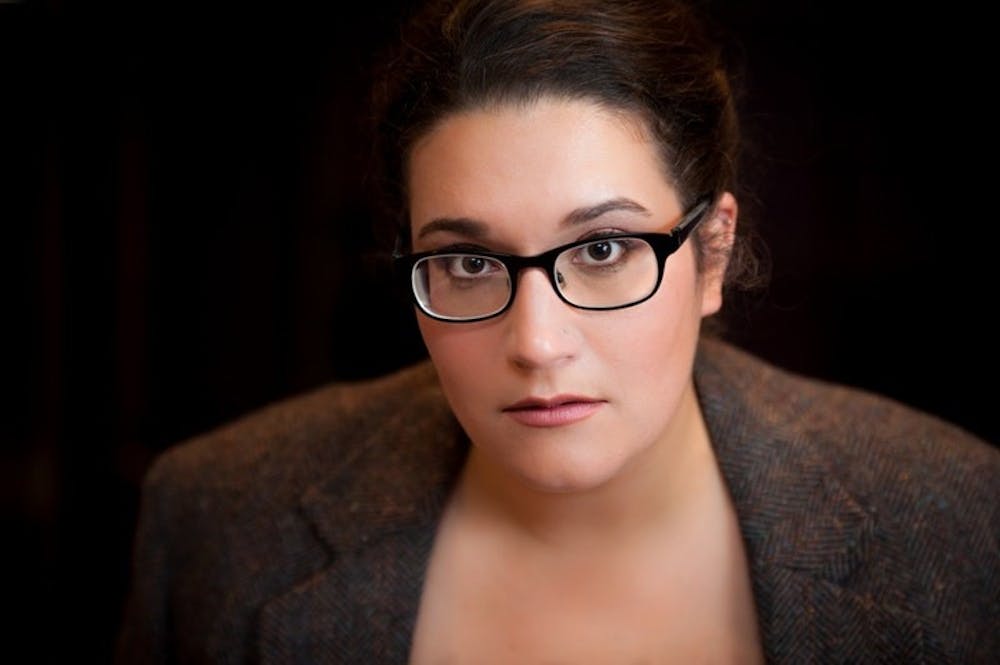
Photo from of Carmen Maria Machado
In the last 24 hours, several women have come forth to accuse Dominican-American writer Junot Diaz of behaving inappropriately. Among them is Carmen Maria Machado, a faculty member and artist-in-residence at Penn.
Diaz was participating in a panel discussion at an event in Australia on Friday when the writer Zinzi Clemmons stood up and accused him of forcibly kissing her when she was a graduate student at Columbia University, the New York Times reported. Clemmons later repeated this allegation on Twitter, where she wrote: "As a grad student, I invited Junot Diaz to speak to a workshop on issues of representation in literature. I was an unknown wide-eyed 26 yo, and he used it as an opportunity to corner and forcibly kiss me."
Machado, who was profiled in 34th Street Magazine earlier this year, responded to Clemmon's message with a series of tweets describing her own experience with Diaz.
Machado, who taught two classes in the Creative Writing program this past semester, alleges that Diaz lashed out at her at an event when she questioned him about a character that she says has a "pathological relationship with women."
"[W]hat really struck me was how quickly his veneer of progressivism and geniality fell away; how easily he slid into bullying and misogyny when the endless waves of praise and adoration ceased for a second," she tweeted.
Diaz is an award-winning writer and a creative writing professor at the Massachusetts Institute of Technology. Less than three weeks ago, he wrote an autobiographical essay in The New Yorker about experiencing sexual assault as a child. In the essay, he said that this experience left him with an "uncontrollable rage" and led him to hurt people in his life.
In response to the allegations that have been brought against him, he released a statement to the Times.
"I take responsibility for my past,” he wrote. “That is the reason I made the decision to tell the truth of my rape and its damaging aftermath. This conversation is important and must continue. I am listening to and learning from women’s stories in this essential and overdue cultural movement. We must continue to teach all men about consent and boundaries.”
The Daily Pennsylvanian is an independent, student-run newspaper. Please consider making a donation to support the coverage that shapes the University. Your generosity ensures a future of strong journalism at Penn.
Donate




